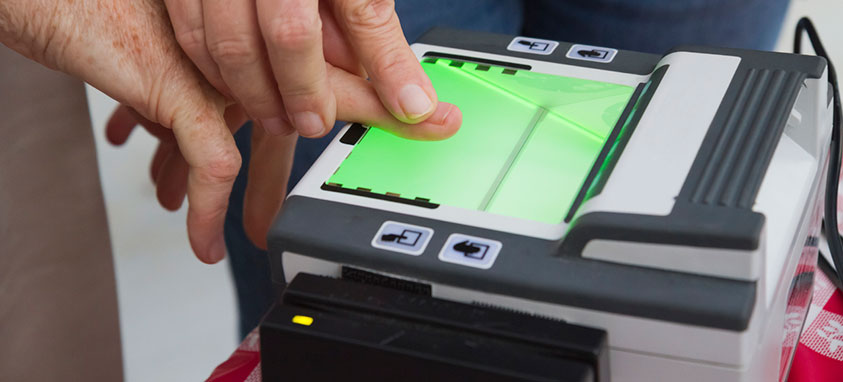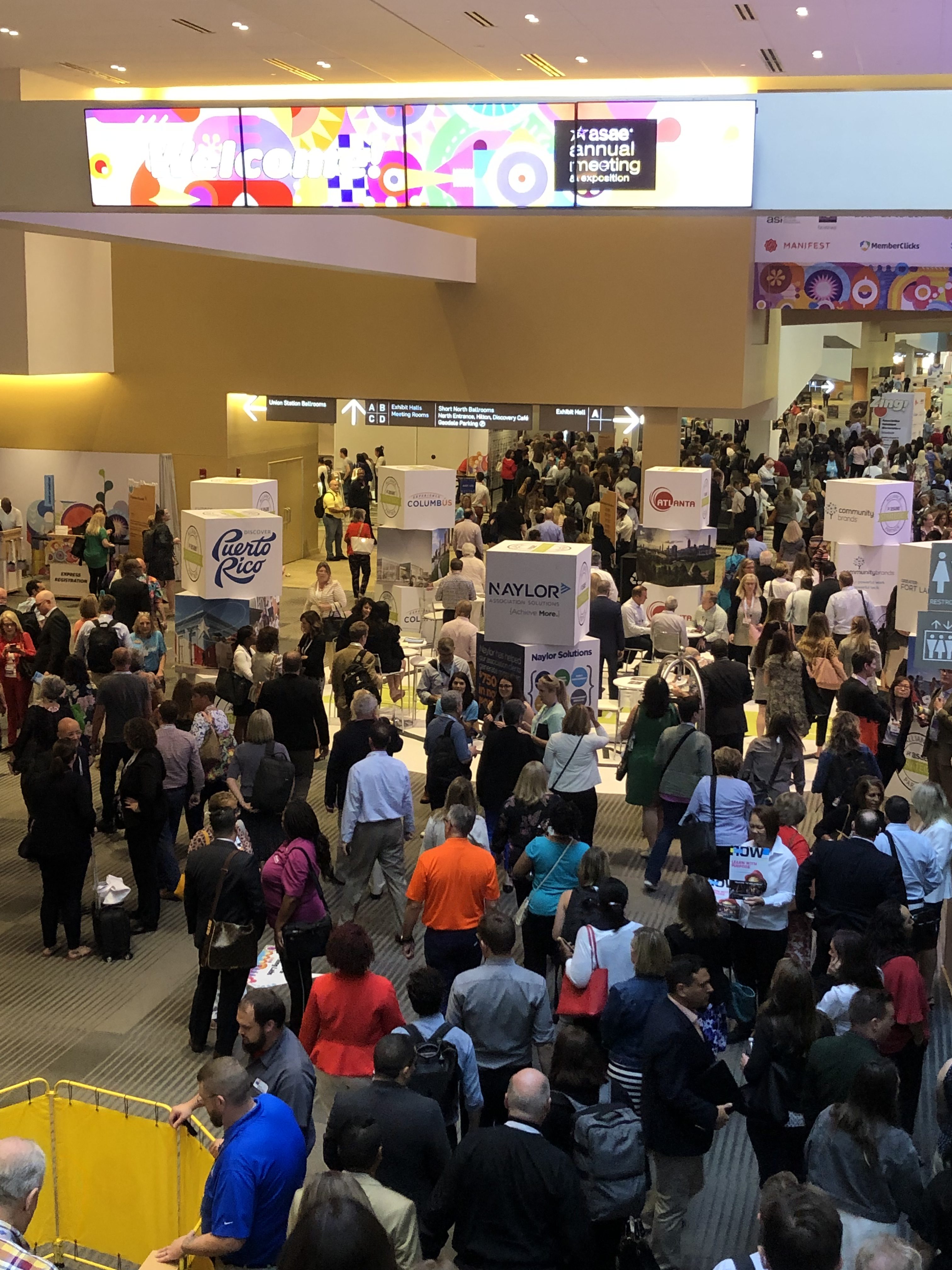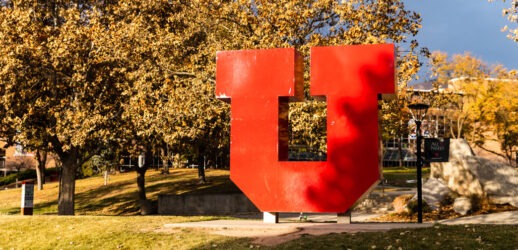In what could be a significant step toward eliminating the need for a boarding pass and identity document on flights, the Transportation Security Administration (TSA) began utilizing innovative biometric fingerprint ID technology at two airports this week.
The pilot program, which will last for four weeks, is being implemented at a TSA PreCheck at Hartsfield-Jackson International Airport (ATL) and Denver International Airport (DEN). Participation is voluntary and all passengers who choose to take part still need to show their boarding pass and an identification document.
Passengers’ fingerprints are matched with those they provided when they applied for the TSA PreCheck program. When the biometric authentication technology (BAT) establishes a match, it is able to obtain the passenger’s boarding pass information through Secure Flight, which is a prescreening program that enhances security by identifying low- and high-risk passengers before they arrive at the airport by matching their names against trusted traveler lists and watch lists. So, the process is designed to improve security screening as well as expedite the boarding process.
“TSA looks at technologies and intelligence capabilities that allow us to analyze and secure the travel environment, passengers and their property,” says TSA Acting Assistant Administrator Steve Karoly. “Through these and other technology demonstrations, we are looking to reinvent and enhance security effectiveness to meet the evolving threat and ensure that passengers get to their destinations safely.”
Data collected during the pilot program will be analyzed by TSA, which may then decide to implement the program at other U.S. airports in the future.
Other efforts have been made to make security screening more efficient. Clear, a security company specializing in identification screening, pioneered a service that establishes the identity of passengers by fingerprints or iris scans, and thereby enables them to proceed to the front of checkpoint lines. Clear already offers the service at 21 airports. The program costs $179 per year, with an additional cost of $50 per relative.
Also, JetBlue has begun collaborating with Customs and Border Protection (CBP)—like TSA, a division of the Department of Homeland Security—on facial-recognition technology from SITA to identify travelers during boarding. The program will begin this summer with flights from Logan International Airport in Boston to Queen Beatrix International Airport in Aruba. Travelers don’t need to enroll or register before participating. They will have a picture taken that will be compared to CBP’s database for passports, visas and immigration photos.





